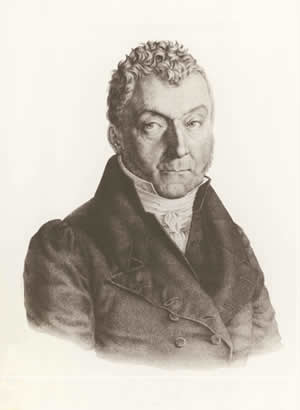Anthroposophy
Anthroposophy is a spiritual philosophy founded in the early 20th century by the Austrian philosopher Rudolf Steiner. It extends beyond the realm of traditional science to include spiritual insight and an understanding of the metaphysical world. Anthroposophy seeks to bridge the gap between the spiritual and material worlds, advocating for a holistic approach to education, agriculture, medicine, and the arts. This article will delve into the key concepts, practices, and applications of Anthroposophy.
Origins and Development[edit | edit source]
Anthroposophy emerged from the spiritual movement of Theosophy, with Rudolf Steiner introducing his ideas as a way to harmonize science, art, religion, and spirituality. Steiner's extensive work laid the foundation for Anthroposophy, which he detailed in numerous lectures, books, and articles throughout his life. The philosophy emphasizes the potential for human beings to evolve spiritually and to develop a conscious relationship with the spiritual world.
Key Concepts[edit | edit source]
The core of Anthroposophical thought revolves around the belief in the existence of a spiritual world accessible to human perception and cognition. Key concepts include:
- Spiritual Science: An approach to knowledge that includes spiritual experiences as a source of understanding, aiming to unite the scientific method with spiritual insight.
- Evolution of Consciousness: The idea that human consciousness evolves over epochs, enabling access to higher spiritual truths and realities.
- Reincarnation and Karma: The belief in the rebirth of the soul through various lifetimes and the laws of karma that determine the conditions of each incarnation.
- Christ Event: The central spiritual event in Anthroposophy, seen as a turning point in human spiritual evolution.
Practices and Applications[edit | edit source]
Anthroposophy has been applied in various fields, creating practical offshoots such as:
- Waldorf Education: A holistic educational approach that fosters intellectual, artistic, and practical skills in a developmentally appropriate manner.
- Biodynamic Agriculture: An ecological farming method that views the farm as a self-sustaining organism, emphasizing the relationship between soil health, plant growth, and cosmic forces.
- Anthroposophical Medicine: A complementary approach to medicine that integrates spiritual insight with conventional medical practices.
- Eurythmy: A movement art that seeks to make visible the inner experiences of speech and music.
Cultural and Social Impact[edit | edit source]
Anthroposophy has had a significant impact on various cultural and social areas, influencing education, agriculture, medicine, and the arts. Waldorf schools, for example, have become one of the largest independent school movements globally. Biodynamic farming has contributed to the development of sustainable agricultural practices, and Anthroposophical medicine has introduced holistic health concepts into the broader medical community.
Criticism and Controversy[edit | edit source]
Anthroposophy has faced criticism and controversy, particularly regarding its spiritual aspects and the scientific validity of its applications. Critics argue that some of its practices lack empirical support and that its spiritual beliefs may conflict with mainstream scientific understanding. Despite this, proponents of Anthroposophy continue to advocate for its holistic and spiritual approach to life and knowledge.
Conclusion[edit | edit source]
Anthroposophy offers a unique perspective that integrates spiritual insight with practical action in various fields. Through its emphasis on the development of human consciousness and the integration of the spiritual and material worlds, it continues to influence education, agriculture, medicine, and the arts. As a spiritual philosophy, Anthroposophy invites individuals to explore the deeper aspects of existence and to cultivate a harmonious relationship with the world.
Navigation: Wellness - Encyclopedia - Health topics - Disease Index - Drugs - World Directory - Gray's Anatomy - Keto diet - Recipes
Search WikiMD
Ad.Tired of being Overweight? Try W8MD's physician weight loss program.
Semaglutide (Ozempic / Wegovy and Tirzepatide (Mounjaro) available.
Advertise on WikiMD
WikiMD is not a substitute for professional medical advice. See full disclaimer.
Credits:Most images are courtesy of Wikimedia commons, and templates Wikipedia, licensed under CC BY SA or similar.Contributors: Admin, Prab R. Tumpati, MD





